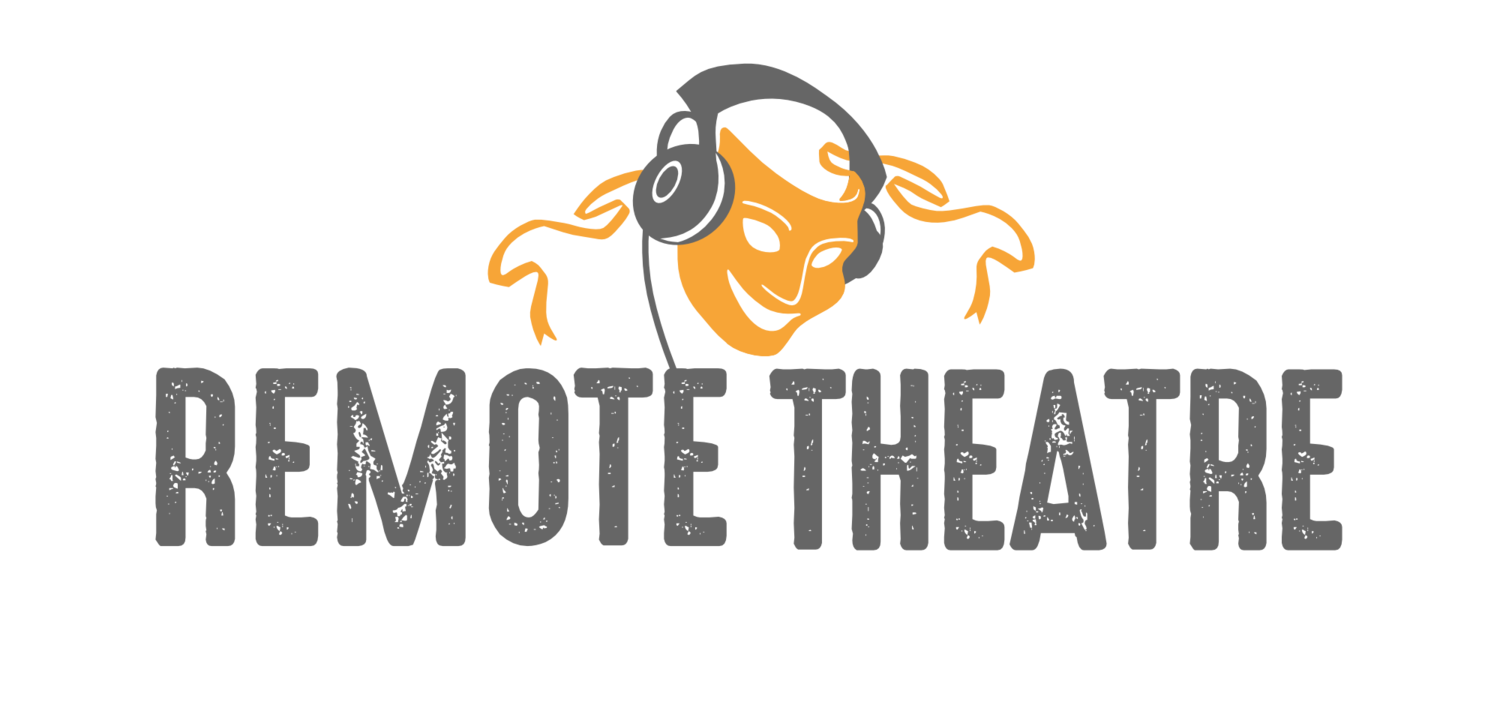Starting from the L1 of the learners
In Haneen's model outlined in the last post, the starting point for the stories which will eventually be converted into remote plays is always English. This is because Haneen believes very strongly that insisting on an English only policy will ensure that learners are not using vocabulary and structures which are too far above their active level of English. This is very different from an approach used by Sahar Salha, another brilliant teacher in Gaza involved in the Hands up Project. Sahar uses the learners' L1 from the outset as a way to guarantee that they can develop a strong sense of ownership of the theme (and consequently the language) of the play. Sahar's stages work like this:-
Stage 1) Brainstorm (in L1) with the whole class together, what the topic of the play will be. If possible, it's important to agree on something which is personally relevant to everyone.
Stage 2) Once a topic is chosen and the scenes have been decided, allocate a different scene to each group, and ask them to start working together to write the script in L1.
Stage 3) Each group then swaps their L1 text with another group's. They then individually try to translate what they've been given into English. Once they've made a good start on this and used up their own resources and dictionaries etc (don't allow Google translate at this stage), they come together as a group again and try to produce their best possible joint version of the scene.
Stage 4) Everyone looks at everyone else's scenes and makes suggestions for improvement. It's important that the teacher has the final say in the definitive version to ensure that the text is as natural as possible, and that the students aren't using language which is too far above their level, too low frequency, or too archaic etc.
The play below ‘The fighter’, performed as a standard play (not remotely) by young adults in Peru was originally created in this way by young people in Sahar's class in Gaza. The topic was chosen because the story is a true one that actually happened to one of the students in their school.
‘The Fighter’ was later re-performed remotely in its original language (Arabic) to children suffering from cancer in Palestinian hospitals in Jerusalem, Nablus and Gaza on world cancer awareness day.

